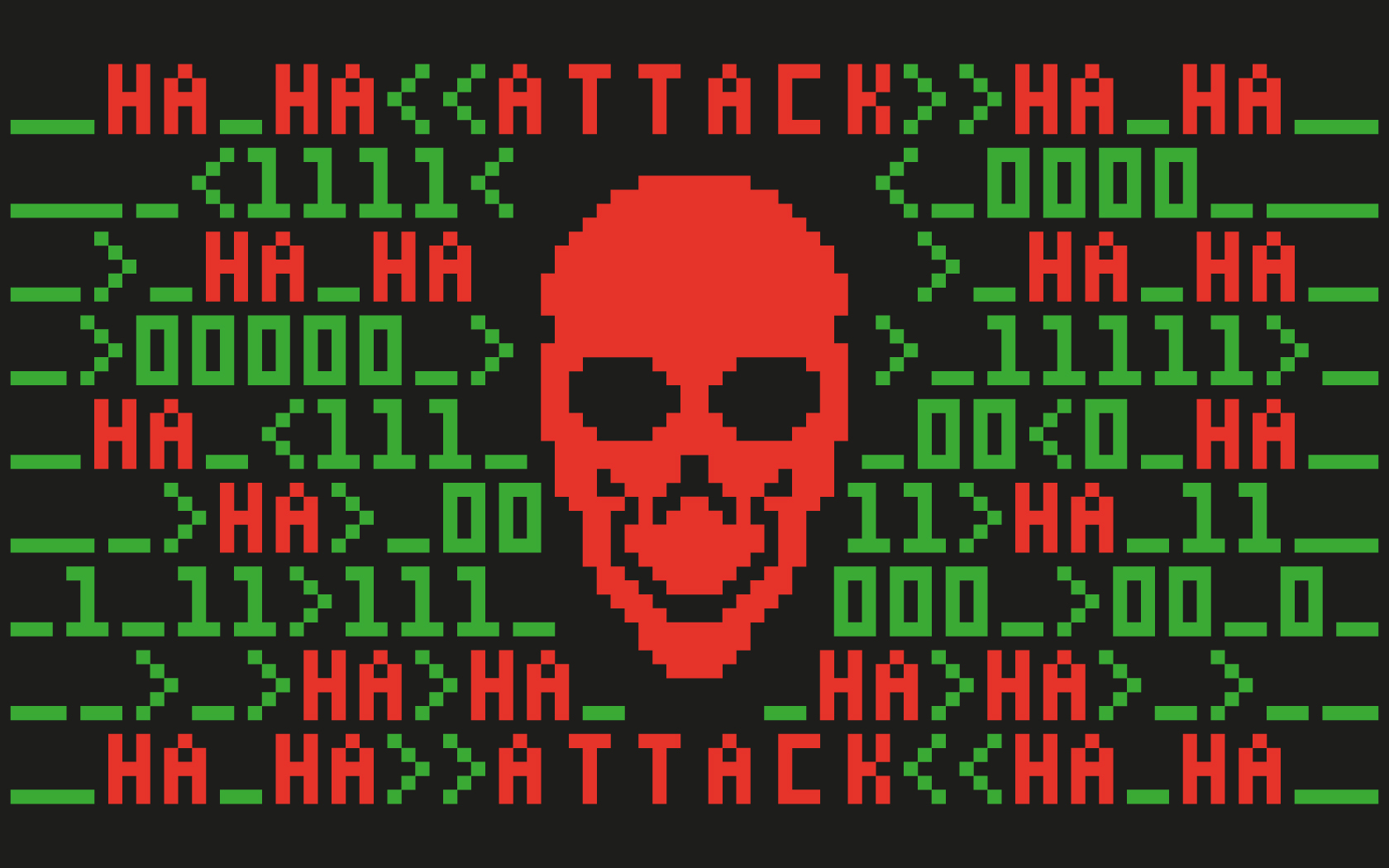Key takeaways:
- Cybercriminal group Cl0p claims it stole data from Oracle E-Business Suite users.
- Extortion emails demand up to $50 million without encrypting any files.
- Oracle urges users to apply security patches and monitor their systems.
- The episode highlights risks in outdated software and the need for regular updates.
Oracle E-Business Suite hack fears as Cl0p demands $50M
Cybercrooks linked to a group known as Cl0p have begun sending scary emails. They claim they hit Oracle E-Business Suite customers and stole their private data. Then they demand huge ransoms, as big as $50 million. This attack does not involve locking files. Instead, they threaten to leak data if they do not get paid.
Understanding the Oracle E-Business Suite hack threat
Cl0p’s new tactic focuses on fear rather than encryption. In past attacks, ransom gangs encrypted files to force victims to pay. Now they skip that step. They just say, “Pay up or we release your data.” This change shows how far these criminals will go to get money.
Cl0p Extortion Emails Target Oracle Systems
First, Cl0p sends a note to potential victims. The email says it has sensitive business and personal files. It warns of an “imminent publication” if payment fails. The demand varies by company size, but can reach $50 million. This message uses fear to push users into quick action.
Next, Cl0p claims it used known flaws in Oracle E-Business Suite software. These legacy systems often run critical tasks for businesses. However, they sometimes miss security updates. Therefore, attackers see them as easy targets.
Oracle’s Response and User Advice
Oracle has replied to reports about the hack. The company says it has no proof of a breach yet. Instead, it points customers to apply the latest security patches. In fact, Oracle has released fixes in recent months to close known vulnerabilities. Oracle also urges admins to follow its cloud security best practices.
Oracle’s quick advice reveals two points. First, attackers might be bluffing. Second, patching and monitoring remain crucial. Meanwhile, companies should audit user accounts and track unusual activity. This can help spot real intrusions.
Risks of Legacy Systems
Many businesses still run older versions of Oracle E-Business Suite. These systems handle finance, HR, supply chain, and more. Yet they can lag in security compared to newer cloud services. As a result, they often become prime targets.
Furthermore, legacy software may use outdated encryption or weak default settings. Hackers scan the internet for such gaps. Once they find a hole, they can slip in and harvest data. Therefore, running unsupported or outdated software carries high risk.
Steps to Boost Your Security
To guard against threats like the Oracle E-Business Suite hack, follow these steps:
1. Apply security patches quickly. Oracle issues updates regularly. Test and install them on all systems.
2. Monitor logs and user behavior. Use automated tools to flag odd logins or data exports.
3. Limit access rights. Give users only the permissions they need. This lowers the chance of insider leaks.
4. Use strong passwords and multi-factor authentication. This adds layers of protection.
5. Regularly back up data and test restores. Even if data leaks, you can recover critical files.
6. Educate staff about phishing emails. Attackers often lure admins with fake security alerts.
Furthermore, consider moving critical workloads to updated cloud services. Cloud platforms usually offer built-in security that is harder to bypass.
Why Taking Action Now Matters
Waiting can cost you dearly. If the Cl0p group truly holds data, leaked information can damage your brand and trust. Moreover, you might face legal or regulatory fines over data exposure. Therefore, don’t assume you are safe just because you see no sign of an actual breach.
Also, rumors of this Oracle E-Business Suite hack could inspire copycat attacks. Other gangs might replicate the same extortion model. In fact, we have already seen threats against other enterprise apps.
Finally, a solid security plan builds resilience. It reduces fear and lets you focus on running the business, not chasing hackers.
Frequently Asked Questions
What exactly is the Cl0p extortion approach?
Cl0p sends emails claiming to hold stolen files. They demand payment but do not lock or encrypt data. They rely on fear of public exposure.
How can I check if my Oracle system was breached?
Monitor your logs for unusual activity. Look for unknown accounts, large data exports, or failed login spikes. Also, run vulnerability scans.
Are there free tools to secure legacy systems?
Yes. You can use open source log monitoring, vulnerability scanners, and multi-factor authentication tools. Combining these tools boosts security.
Can moving to cloud services prevent such attacks?
Cloud services often have stronger, regularly updated security controls. However, proper configuration and good practices remain essential.
